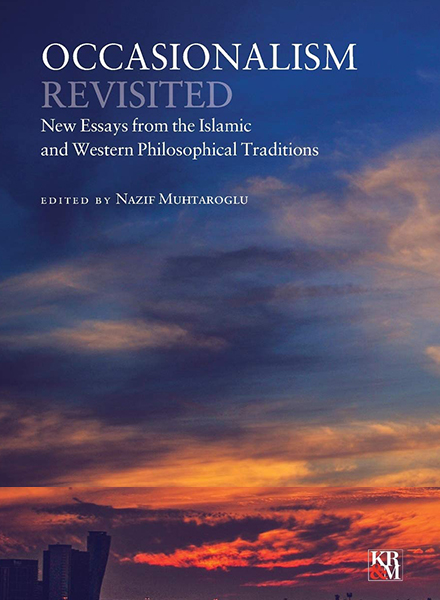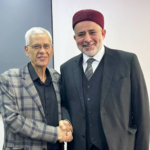Available on: Amazon
Occasionalism is commonly understood as a theory that ascribes all causal power to God, while treating cause-effect relations in nature as customary events or occasions determined by divine volition. Commonly misapprehended as originating in Western philosophy it already appears in the texts of Muslim scholars of the Ash‘ari and Maturidi school in the 10th century, before being transmitted to Europe via the works of Averroes and Maimonides in the 13th century. Yet it was only in the 17th century among the Cartesian philosophers and most famously in the works of Nicolas Malebranche that the theory flourished and was taken seriously. Many of the great philosophers such as Gottfried W. Leibniz and David Hume authored their works in light of the occasionalist critique of other theories of causation, especially the much-contested concept of natural causation as formulated by Aristotle. This book aims to reveal unexplored historical roots of occasionalism in the Islamic and Western traditions in an effort to contribute to the discussions centered around this theory. As an attempt to reveal the historical roots and philosophical dimensions of occasionalism, this volume illustrates the indispensability of this theory for those who want to understand the central discussions and dynamics within Islamic and modern philosophy. Apart from showing the significance of occasionalism in both traditions, this book draws out the contours and the common ground for contemporary discussions on causation.
Contributors
Fred Ablondi (Hendrix College); Marc Hight (Hampden Sydney College); Ozgur Koca (Claremont School of Theology); Edward Omar Moad (Qatar University); Walter Ott (University of Virginia); Andrew Platt (Stony Brook University); Walter Schultz(University of Northwestern, St. Paul); J. Aaron Simmons (Furman University); Lisanne D’Andrea-Winslow (University of Northwestern, St. Paul); Aladdin Yaqub (Lehigh University)
Editor
Nazif Muhtaroglu is currently a research fellow at Bogazici University (Istanbul). He received his Ph.D. from the University of Kentucky with a dissertation on the Islamic and Cartesian roots of occasionalism. He is coeditor, with Anna-Teresa Tymieniecka, of Classic Issues in Islamic Philosophy and Theology Today (2010), and with Tymieneicka and Detlev Quintern, of The Logos of Life and Cultural Interlacing (2014).






